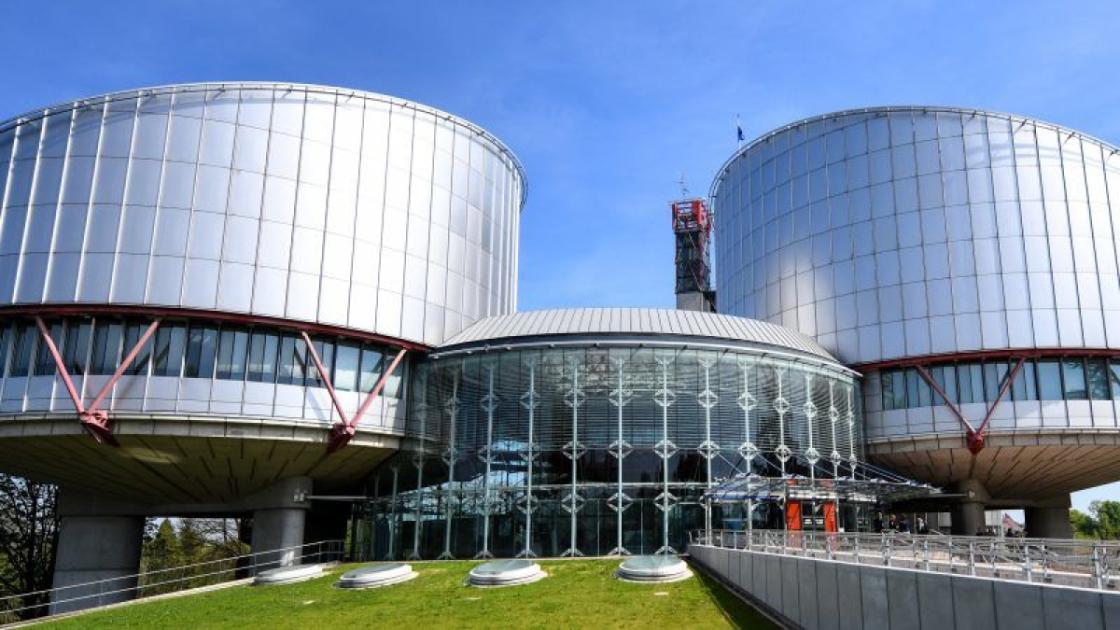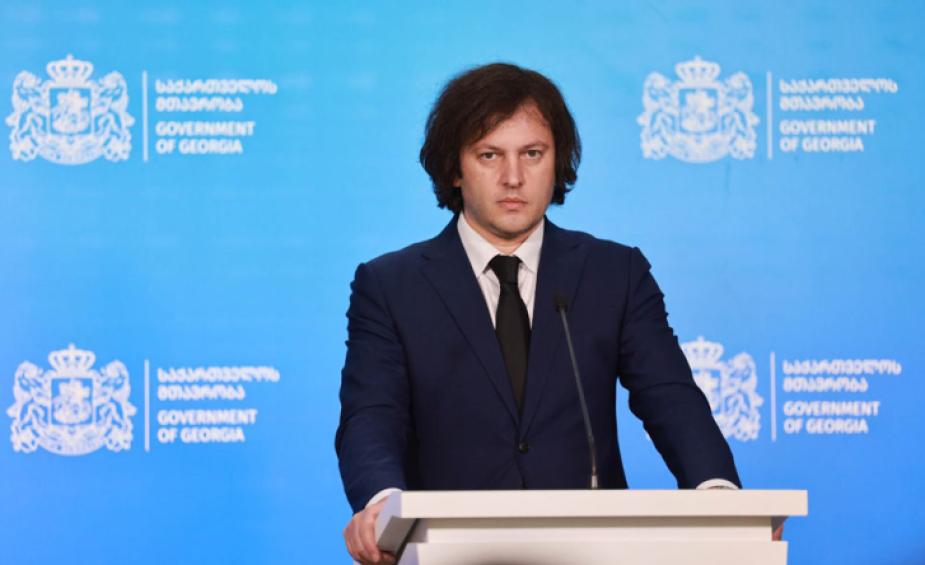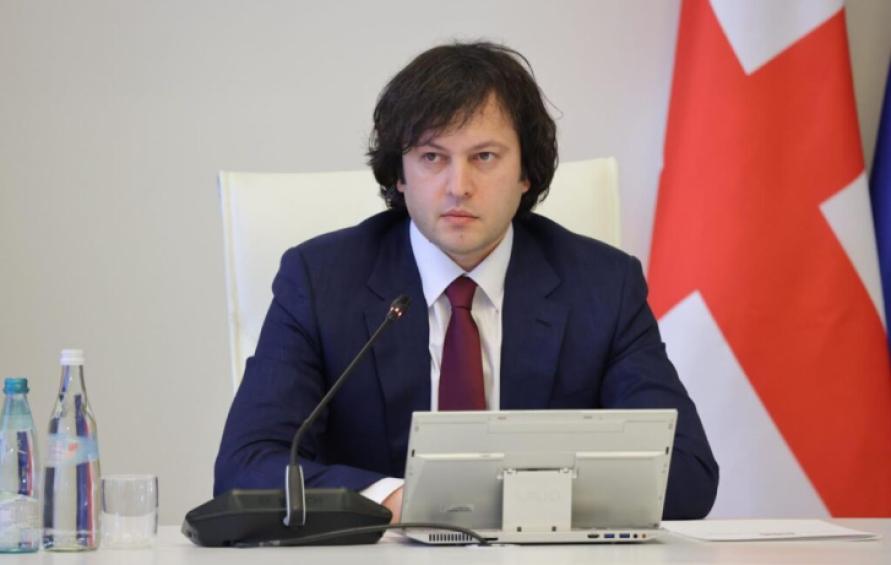
The European Court of Human Rights (ECHR) has declared inadmissible the application submitted by Mikheil Kalandia, a Georgian citizen convicted in the high-profile murder case of Davit Saralidze. The ruling was published on the Court’s official website.
Kalandia had challenged the fairness of his criminal trial, citing Article 6 §§ 1 and 3 (d) of the European Convention on Human Rights, which guarantees the right to a fair trial. He was convicted of aggravated murder by the Tbilisi City Court on February 25, 2020, and sentenced to eleven years and three months in prison. His conviction was upheld by the Court of Appeal and later rejected by the Supreme Court.
Kalandia’s complaint focused on the court’s reliance on witness testimonies from individuals previously convicted in relation to the same incident—witnesses he claimed he had no opportunity to cross-examine after their statements changed. He also objected to the involvement of a parliamentary inquiry that preceded his prosecution.
However, the ECHR rejected the case not on the merits, but due to a breach of the Court’s strict rules regarding the confidentiality of friendly settlement negotiations.
According to the Court, Kalandia’s representative publicly disclosed details of the confidential settlement process in two televised interviews. He revealed information about the timeline, the applicant’s demand for unconditional release, and the government’s refusal to settle—an action explicitly prohibited under Article 39 § 2 of the Convention and Rule 62 § 2 of the Court’s Rules.
The Court emphasized that confidentiality in friendly settlement proceedings is an absolute rule, intended to protect both parties from public pressure. Breaching this rule, it stated, constitutes an abuse of the right to apply to the Court.
“The applicant’s representative intentionally disclosed details of the friendly settlement negotiations,” the Court concluded. “This conduct amounts to a breach of confidentiality and is considered an abuse of the right of individual application.”
As a result, the ECHR declared the application inadmissible under Article 35 §§ 3 (a) and 4 of the Convention, effectively bringing Kalandia’s appeal to an end.
0
0










